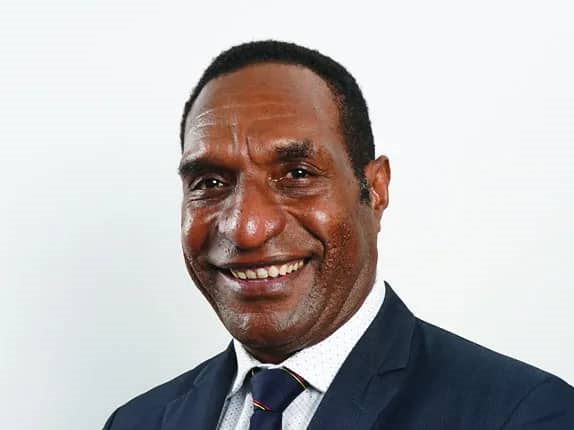DEPARTMENT of Works and Highways (DoWH) has responded to allegations of fraud and corruption concerning the PNG Rural Bridges project, Contracts CSTB 3648 and CSTB 3649. DOWH Secretary David Wereh, addressed these allegations, emphasizing a fundamental misunderstanding of the procurement process within the country.
“The DoWH does not have the authority to procure works,” Wereh clarified.
“The procurement authority lies with the National Procurement Commission (NPC), which oversees and manages the tendering process for government projects. These tenders were conducted under the previous government led by Peter O’Neill,” he stated.
The PNG Rural Bridges project, funded by the European Investment Bank (EIB) and the Asian Development Bank (ADB), aimed to replace 27 Bailey bridges with permanent structures, improving access across rural areas. This project was subject to stringent oversight and compliance with international standards.
Wereh noted that the EIB and ADB were heavily involved in ensuring the project’s integrity, providing technical assistance and procurement supervision to meet their policies and procedures on technical, financial, social, and environmental aspects.
Addressing specific claims about COVEC (PNG), Wereh highlighted that the documentation and processes adhered to by the EIB and ADB included thorough evaluations and re-evaluations to ensure compliance with the required standards.
“Any discrepancies or recommendations for changes were addressed in communication with the relevant stakeholders, including procurement specialists and financiers, ensuring transparency and proper procedure,” he stated.
Wereh added that while the allegations present serious concerns, the procurement process for these projects was conducted under the oversight of established international financial institutions and the NPC, not the Department of Works.
He called for any investigation into these claims to acknowledge these facts and focus on ensuring continued transparency and accountability within the procurement system.
“The call for an investigation should aim to ensure continued transparency and accountability within the procurement system,” Wereh added. “It’s crucial to maintain the integrity of processes that involve significant international oversight and compliance.”

